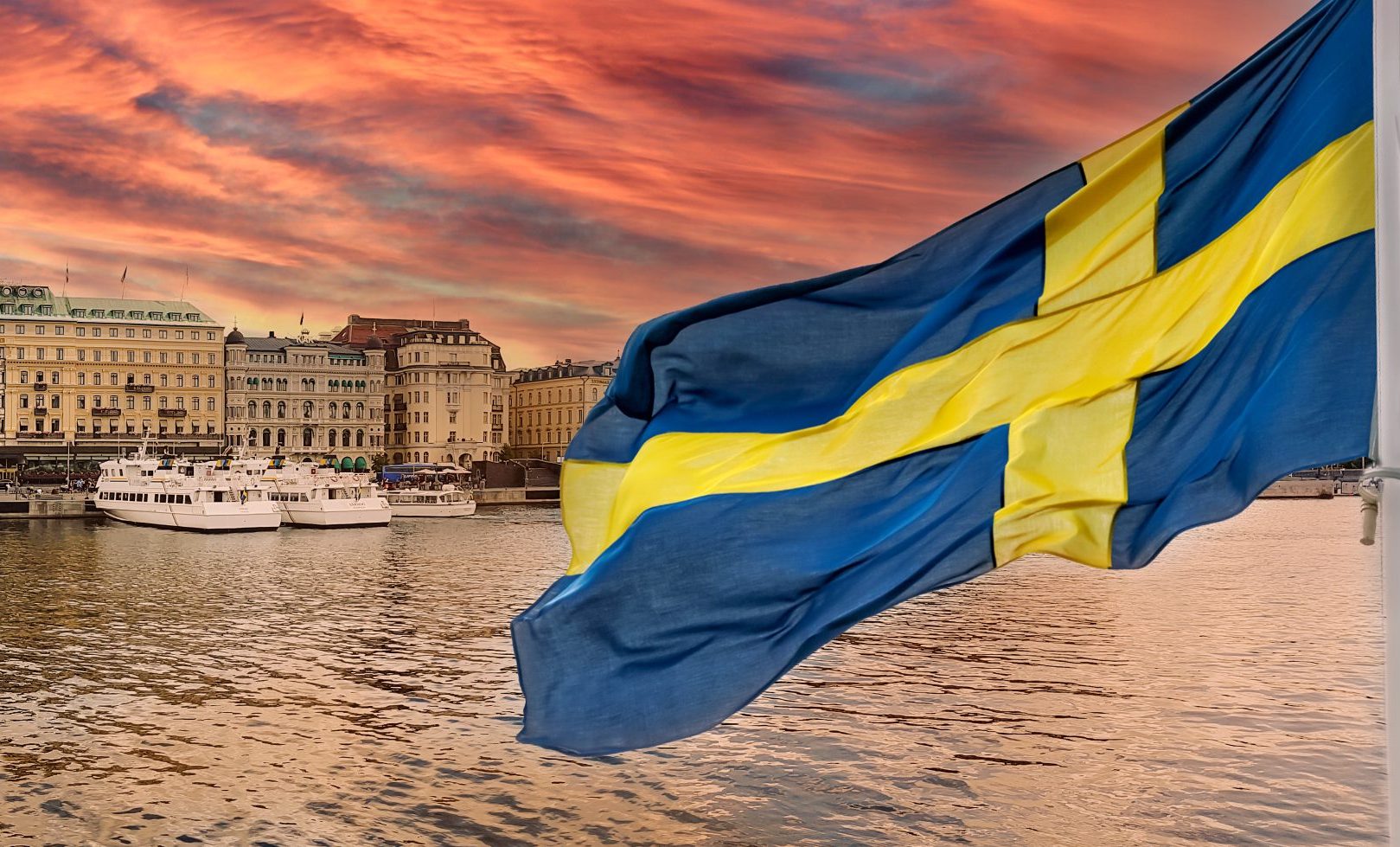

Suecia fue
uno de los primeros Estados miembros de la UE en aplicar la Directiva de la UE sobre la
protección de las personas que denuncian conductas indebidas.
La protección de los denunciantes ya está garantizada por ley (2016:749) en Suecia desde 2016. En consecuencia, los empleados que denuncien irregularidades graves deben estar protegidos frente a represalias. Si el empleador infringe la ley, el empleado tiene derecho a una indemnización.
Por ejemplo, las personas relacionadas con el denunciante, como sus familiares y quienes sufren represalias, no gozan de la protección de la ley. Además, los canales de denuncia internos y externos no reciben el mismo trato. Mientras que la sospecha de irregularidades es suficiente para la denuncia interna, debe haber motivos suficientes para que las irregularidades graves gocen de protección cuando se denuncian ante organismos externos. No se menciona si la empresa debe investigar también las denuncias anónimas. Tampoco se habla de cómo tratar la confidencialidad.
La ley tampoco prevé una obligación de
Esto se entiende sin perjuicio de los requisitos específicos del sector para el establecimiento de líneas directas internas.
La Ley sueca de Protección de los Denunciantes (2021:890) entró en vigor el 17 de diciembre de 2021 y sustituye a la Ley de Protección de los Denunciantes vigente desde 2016. Es vinculante a favor de los empleados y no limita la protección que pueda aplicarse por otros motivos. Las empresas del sector público y privado con más de 250 empleados tendrán que proporcionar canales de denuncia adecuados a partir del 17 de julio de 2022. Las empresas con entre 50 y 249 empleados no tendrán que actuar hasta el 17 de diciembre de 2023.
Los municipios y las comunidades no están delimitados por el número de habitantes. Sin embargo, pueden compartir un canal de información y recursos para gestionar los informes.
La protección se aplica si el denunciante tenía motivos razonables para creer que la información sobre la conducta indebida era cierta en el momento de denunciarla. Lo que constituye causa razonable estaría sujeto a una evaluación caso por caso.
Los datos personales no podrán procesarse durante más de dos años después de que se haya cerrado el caso.
Una autoridad debe comprobar la aplicación en la parte obligada, pero aún no se ha nombrado a la autoridad. Se impondrán multas como sanción, pero no se ha especificado la cuantía de las mismas.
Sin embargo, Suecia destaca positivamente como pionera en la protección de los denunciantes.
Leer aquí sobre las numerosas características y ventajas de la plataforma Smart Integrity.
Haga clic en aquí para la ley sueca original sobre la protección de los denunciantes.
DISS-CO® es una empresa innovadora de tecnología legal con un fuerte enfoque en eGRC y RegTech. Construida por investigadores experimentados en la detección de fraudes y otras infracciones en diversos sectores.
| Galleta | Duración | Descripción |
|---|---|---|
| cookielawinfo-checkbox-analytics | 11 meses | Esta cookie es establecida por el plugin GDPR Cookie Consent. La cookie se utiliza para almacenar el consentimiento del usuario para las cookies de la categoría "Analytics". |
| cookielawinfo-checkbox-functional | 11 meses | La cookie se establece por el consentimiento de cookies GDPR para registrar el consentimiento del usuario para las cookies en la categoría "Funcional". |
| cookielawinfo-checkbox-necessary | 11 meses | Esta cookie es establecida por el plugin GDPR Cookie Consent. Las cookies se utilizan para almacenar el consentimiento del usuario para las cookies de la categoría "Necesarias". |
| cookielawinfo-checkbox-others | 11 meses | Esta cookie es establecida por el plugin GDPR Cookie Consent. La cookie se utiliza para almacenar el consentimiento del usuario para las cookies de la categoría "Otros". |
| cookielawinfo-checkbox-performance | 11 meses | Esta cookie es establecida por el plugin GDPR Cookie Consent. La cookie se utiliza para almacenar el consentimiento del usuario para las cookies de la categoría "Rendimiento". |
| viewed_cookie_policy | 11 meses | La cookie es establecida por el plugin GDPR Cookie Consent y se utiliza para almacenar si el usuario ha consentido o no el uso de cookies. No almacena ningún dato personal. |